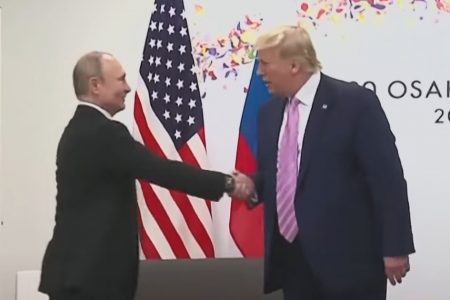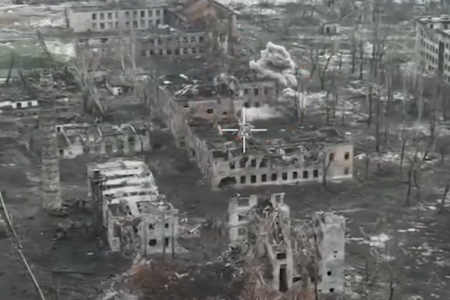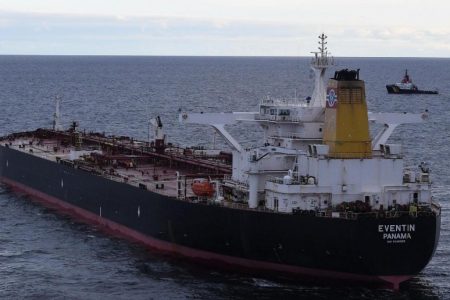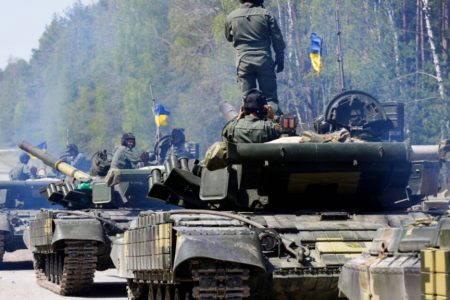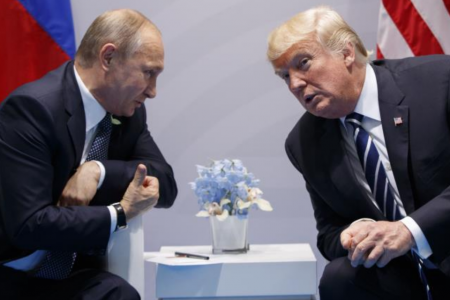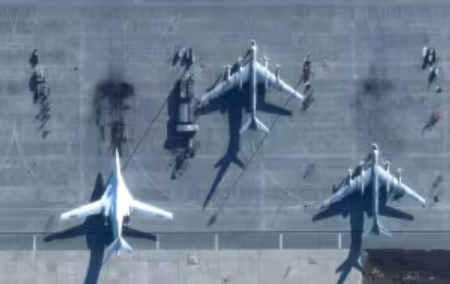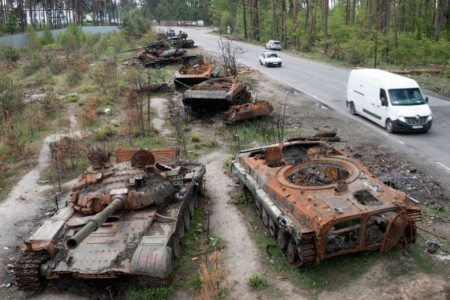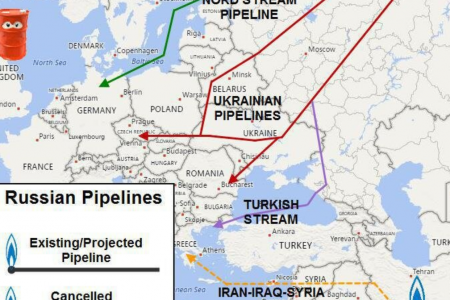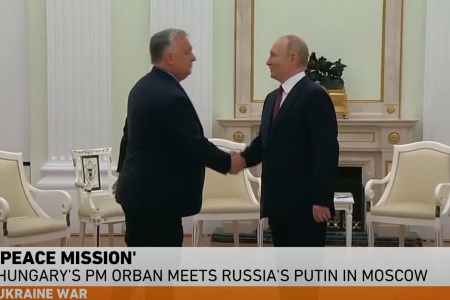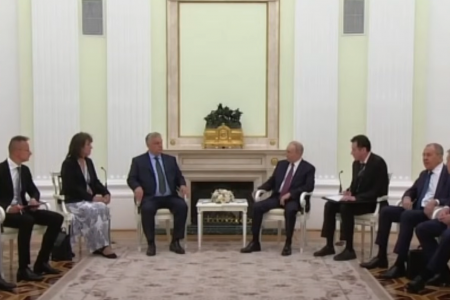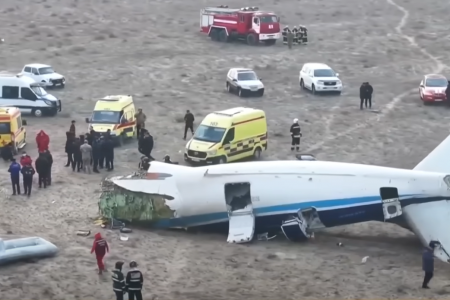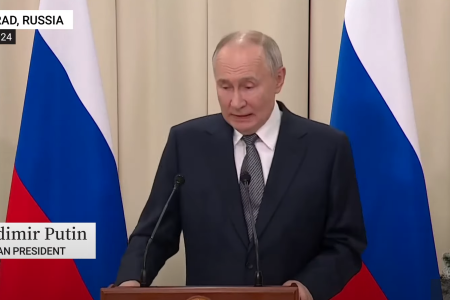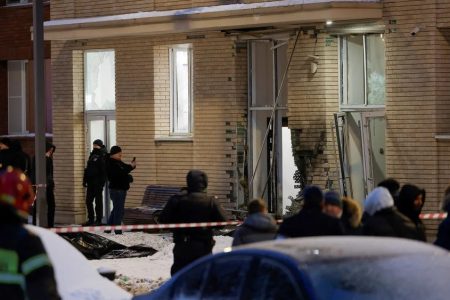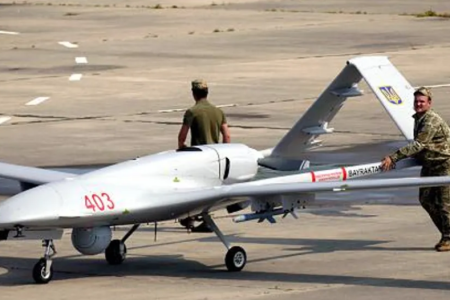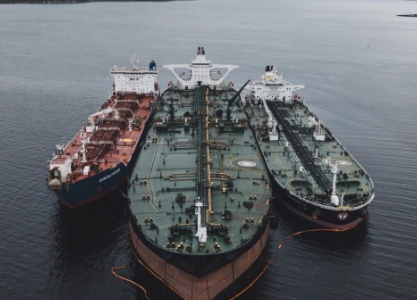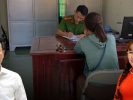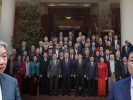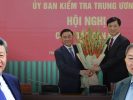
Even with the same interest in current hot issues, analysts believe that there is still a certain gap between expectation of the people and the government in Vietnam regarding the upcoming visit of the American Vice President to Vietnam.
South China Sea and China
“Hopefully the US side has a stronger voice and action to curb China’s arrogance and expansion in defiance of international law in the South China Sea (Vietnam calls it the East Sea) to contribute to ensuring peace in Southeast Asia, safeguarding freedom and safety of navigation in accordance with US policy,” lawyer Nguyen Duy Binh from Saigon expressed his wish to VOA about the visit of the US Vice President.
Meanwhile, Father Le Ngoc Thanh of the Redemptorist Church said: “After the US, UK, Germany, Japan and India exercise freedom of navigation in the East Sea. I hope in the upcoming meetings, the Vice President vowed to protect Vietnam when China opens fire, and continues to condemn China’s construction on artificial islands in the Hoang Sa (Paracels) and the Truong Sa (Spratlys).”
Commenting on the level of expectations of the Vietnamese people, Dr. Ha Hoang Hop, a guest senior researcher of ISEAS (Institute of Southeast Asia) based in Singapore, commented to VOA: “The majority of Vietnamese people want the relationship between the US and Vietnam to be developed in the best way, namely, soon approaching a strategic partnership in the context that security challenges from China to Vietnam and the region are ‘very high’.”
He added that the government in Hanoi also has the same desire but to a “lower” level than the people.
“Their government is quite reserved. They are cautious, considering different sides. Therefore, the desire is there, but it is lower than the people’s desire,” still according to Dr. Ha Hoang Hop.
On July 30, in the announcement of Vice President Kamala Harris’s trip to Vietnam and Singapore later this month, White House Senior Adviser Symone Sanders said that Ms. Harris “will discuss with leaders of both countries” on issues of mutual concern, including regional security, the global response to the COVID-19 pandemic, climate change, and joint efforts to promote a rules-based international order.”
Meanwhile, Reuters quoted a senior White House official as adding that Harris’ trip was focused on upholding international law in the South China Sea, strengthening US leadership in the region and opening up security cooperation, seeking to bolster international support to counter China’s growing influence in the world.
The delicate problem of the triaxial relationship
Responding to Washington’s intentions, Vietnamese Foreign Ministry Spokeswoman Le Thi Thu Hang said on August 5 that Hanoi “welcomes” the visit of Vice President Harris, but affirmed “not to go with one country to fight other countries.”
“The spokesperson for the Ministry of Foreign Affairs of Vietnam just has to say it like that,” Dr. Ha Hoang Hop made comments to VOA.
According to him, the stance that Vietnam always affirms when asked to comment on the Vietnam-US-China relationship is a vague concept.
“It is a very simple saying and has a lot of meanings, can not be understood or want to understand anyway. What is ‘going with’?,” said a researcher living in Hanoi. “In reality people have different degrees. With the US side they have a simple term that is America has ‘allies’ and ‘friends.’ Allies are life and death together, and friends are cooperation with each other, helping each other and together deal with common problems to such an extent that it can lead to better relationships than friendship.”
From Nha Trang, independent journalist Vo Van Tao said that Hanoi’s diplomatic statements are sometimes made in the style of “saying one thing, doing another.” According to him, the United States in recent years has been “very delicate” in its relationship with Vietnam, on the one hand trying to separate Vietnam from China’s sphere of influence but on the other hand not trying to force Hanoi to fall back towards Beijing.
He said: “Hanoi clearly this time is not speaking in general terms like before, for example, ‘opposition to the presence of foreign navies in the South China Sea’, but simply against the military activities of the Chinese navy while not objecting to the US, Germany, UK, France… at all.”
This move shows that Hanoi is “very eager” for the presence of these powers to help Vietnam and its Southeast Asian neighbors and the region stay safe from unpredictable aggression and belligerence of Beijing.
Both researchers Ha Hoang Hop and Dr. Nguyen Quang A, who is also a campaigner for civil society in Vietnam, thinks that Vietnam’s increased cooperation and better relationship with the US has nothing to do with “anti-China.” “Choose a side” or “go with one country to fight another.”
“Vietnam that has good relations with the US is not against China, not for that. So the way the Vietnamese Ministry of Foreign Affairs speaks, the Chinese may understand it in one way, and the Vietnamese in another,” Dr. Nguyen Quang A commented.
He added that it is entirely possible for Vietnam to upgrade its relationship with the US to a strategic and even comprehensive strategic level.
“Vietnam has a comprehensive strategic relationship with China. Then why not have a comprehensive strategic relationship with the United States? As well as having a comprehensive strategic relationship with Russia, why not with the US? It’s not about choosing sides,” the Vietnamese researcher said.
“Chivalry and intelligence”
According to Dr. Ha Hoang Hop, in the context that the whole world is struggling to cope with the COVID-19 pandemic, the recent donation of millions of doses of vaccines by the United States to countries, including former enemy Vietnam, has recently shown “generous pride” and the leadership he called America’s “number one.”
“In a very short time, the US has donated 5 million doses of Moderna vaccine to Vietnam. This is not only a symbol but a very clear demonstration of the leadership capacity and generosity of the United States towards Vietnam in the context that Vietnam is very short of a vaccine and it is very difficult to move forward to get a vaccine, does it itself, the ability to get vaccines from other sources is also very difficult,” said Dr. Ha Hoang Hop commented to VOA.
This researcher said that not only the people but also the government in Vietnam see the US as a superpower that always has a “chivalrous and intelligent” treatment with other countries, especially the weak ones. The decision to donate millions of doses of US vaccines to Vietnam, for example, is a very practical “saving” action for millions of Vietnamese people.
“Vietnamese people also compare the story that China gave Vietnam 500,000 materials of their vaccine. But two days later, after giving the gift, they had very bad reactions. Then not only the Vietnamese people but also the Vietnamese government see that this is a very simple but clear contrast that speaks to human nature as well as the behavior and sincerity of the Americans and the Chinese,” Dr. Ha Hoang Hop added.
Will human rights be considered?
Commenting on Vice President Harris’ visit, Dr. Nguyen Quang said this was the culmination of a string of recent visits by senior US officials to Vietnam, and it marked “a warming of Vietnam-US relations” with positive signals. in developing this relationship.
“But I just want that there are not only such positive points, but the US government also has to speak, of course not in the first, second, and third (priority) rows, but at least n the fourth row, it’s a human rights issue for Vietnam.”
A famous campaigner for civil society in Vietnam said that the time of the pandemic was also when the human rights situation in Vietnam became “worrisome” because the government took advantage of regulations in preventing and fighting pandemics and the general international situation to suppress more strongly dissenting voices.
Lawyer Nguyen Duy Binh, who expressed his wish that the Vietnam-US relationship “be developed to a higher level,” suggested that Hanoi “must be more open, must recognize the freedom and democracy of all Vietnamese people,” ignoring the past and creating conditions for all overseas Vietnamese to return to their homeland and live and work within the framework of the law, fully enjoying the rights of a citizen, including the right to stand for election, appoint and participate in the leadership apparatus of the country.”
Attorney Binh told VOA that he was born “in a family of farmers, his father and family were in the north and followed the resistance war” and that he “has no relationship, no benefit from overseas Vietnamese” but when he grew up he “understands that all Vietnamese citizens have rights to this land.”
On August 12, dozens of Vietnamese personalities and human rights organizations in the US and internationally also called on US Vice President Kamala Harris to raise the issue of freeing prisoners of conscience in meetings with the world. leader of Vietnam when she arrives later this month.
According to the expected schedule, Vice President Harris will visit Vietnam and Singapore from August 20 to August 26. Ms. Harris will visit Singapore on August 22, then visit Vietnam from August 24 to August 26.
Thoibao.de (Translated)



